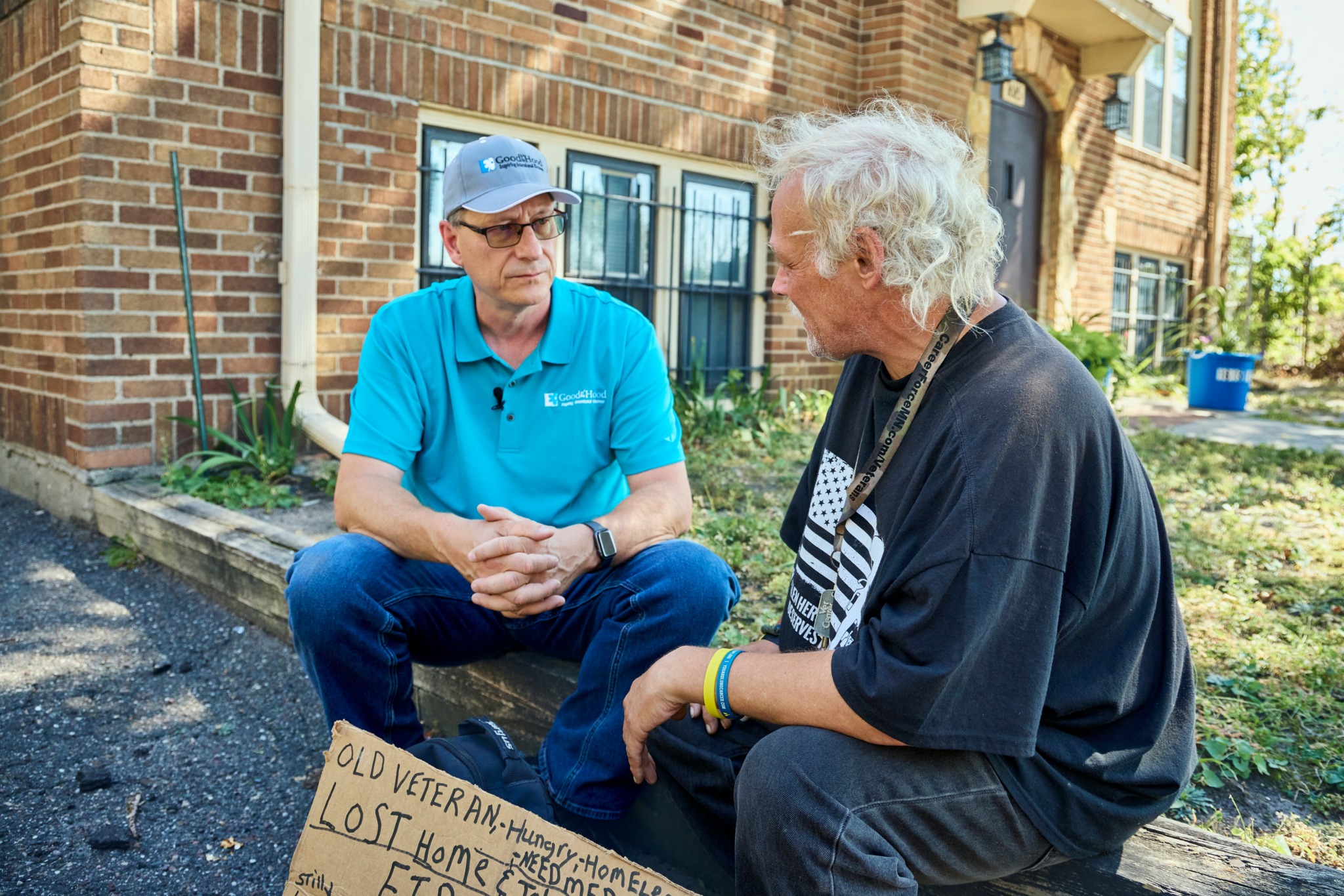We were pleased to catch up with Shawn Morrison recently and have shared our conversation below.
Shawn, you’ve written a hardcover tabletop book of stories from the streets, called ‘Will You See Me?’. What inspired you to do this?
For more than 30 years I’ve had the privilege to work closely with those who struggle to survive. I’ve met the urban poor, those experiencing homelessness, individuals with mental health concerns, and persons struggling with addiction and substance abuse. On occasion, these distraught souls have invited me to sit down with them, simply needing someone to listen with a sympathetic heart. They each recounted a unique personal journey fraught with heart-wrenching stories of abuse, neglect, shame, and the absence of personal stability. These sacred conversations have allowed me to witness firsthand how judgment-free listening can be a healing balm to a soul, particularly one that is starving for human validation. As I envisioned this project, I have found that these previous encounters provide a valued guiding influence.
With the ongoing economic challenges in our broader society, we have seen a marked increase in curbside begging. I suspect many of us are asking, “Why don’t those who panhandle simply get a job?” Or, perhaps we wonder, “Are they scamming?” Or “If we give money, will it be used for illicit purposes?” We may even find ourselves avoiding eye contact with people who fly signs to avoid the inner turmoil that often accompanies these unspoken solicitations.
This stirred me to consider my role, asking myself, “How can I foster a humane approach towards people who are typically seen as merely a public nuisance?”
As I contemplated what to do, I began to sense a compelling desire to personally connect with these fellow human beings. Rather than sitting back and holding my assumptions from afar, I wanted to learn firsthand, on the streets, some of the challenges and unique perspectives held by those who panhandle to survive. I wondered what I might do and what it might look like to provide these mostly unheard ones with an opportunity to share their stories in a book we named, “Will You See Me?”.
From the outset, my co-collaborator, Shawn Nielsen and I have endeavored to serve as advocates—to help give a voice to the unheard and a face to the unseen. We hope to offer a platform for our neighbors in need to share another side of their story and gently remind all of us to always treat others humanely, regardless of whether we agree with what they do to survive.
In capturing these exclusive stories, it is not necessarily our intent to exonerate those who panhandle to support their existence, nor are we looking to vilify them. Rather, we want to provide our participants with an opportunity to share their story in their own words and in their own chosen space. We trust these uniquely personal accounts will serve to inform our collective compassion and to soften our cynicism.
There are several layers of intentionality woven into the production of this book. This includes the physical manner in which we’ve chosen to present these valuable stories. Rather than a less expensive glue-bound paperback style, we intentionally chose a hardcover book with stitched binding. This “covering of the stories” is done in the spirit of another well-known story found in the Christian gospels. It’s the account of a destitute son who has made poor choices in life. This “prodigal son” squanders an early inheritance. He reproaches the family name with corrupt choices and completely abandons his family relationships. He shows no respect or regard for his father (a metaphor for our heavenly Father) or his own kin. Eventually, this wayward son becomes penniless and is reduced to eating the food given to pigs. Emotionally broken and physically desperate, he comes to his senses and decides he must return home. By this time, his confidence is lost, he is suffocating in shame, and his entire self-image has been reduced to almost nothing. He considers himself as “no longer worthy to be called son.” Feeling undeserving of his heritage, he simply hopes his dad might withhold his rejection and possibly offer him some residual kindness, or the table scrap leftovers sometimes given to a servant. What he does not account for is the unrestrained love of his father so lavishly poured out upon him.
Upon hearing of his lost son’s return, the father rushes out to meet him, running with abandon. No judgment. No scolding. Just pure joy, love, and acceptance. With kind tenderness, the father wraps his travel-weary son in his very best robe.
For us, a hardcover book with stitched binding, and indeed, the care with which we have approached every other aspect of this project, is our version of bestowing love, acceptance, and our very “best robe.” It’s our way of covering these lost sons and daughters in a “robe of dignity,” regardless of their past failures and mistakes. They may often feel like insignificant people, deserving only of life’s scraps, but hopefully not today, and hopefully not in this book. These are human beings, just like each one of us. According to the Psalmist, one day, these poor and destitute ones will be raised from the “dunghill” of life to sit with the princes.
Psalm 113:7-8 (KJV)
7 HE raiseth up the poor out of the dust, and lifteth the needy out of the dunghill;
8 That HE may set him with princes, even with the princes of HIS people.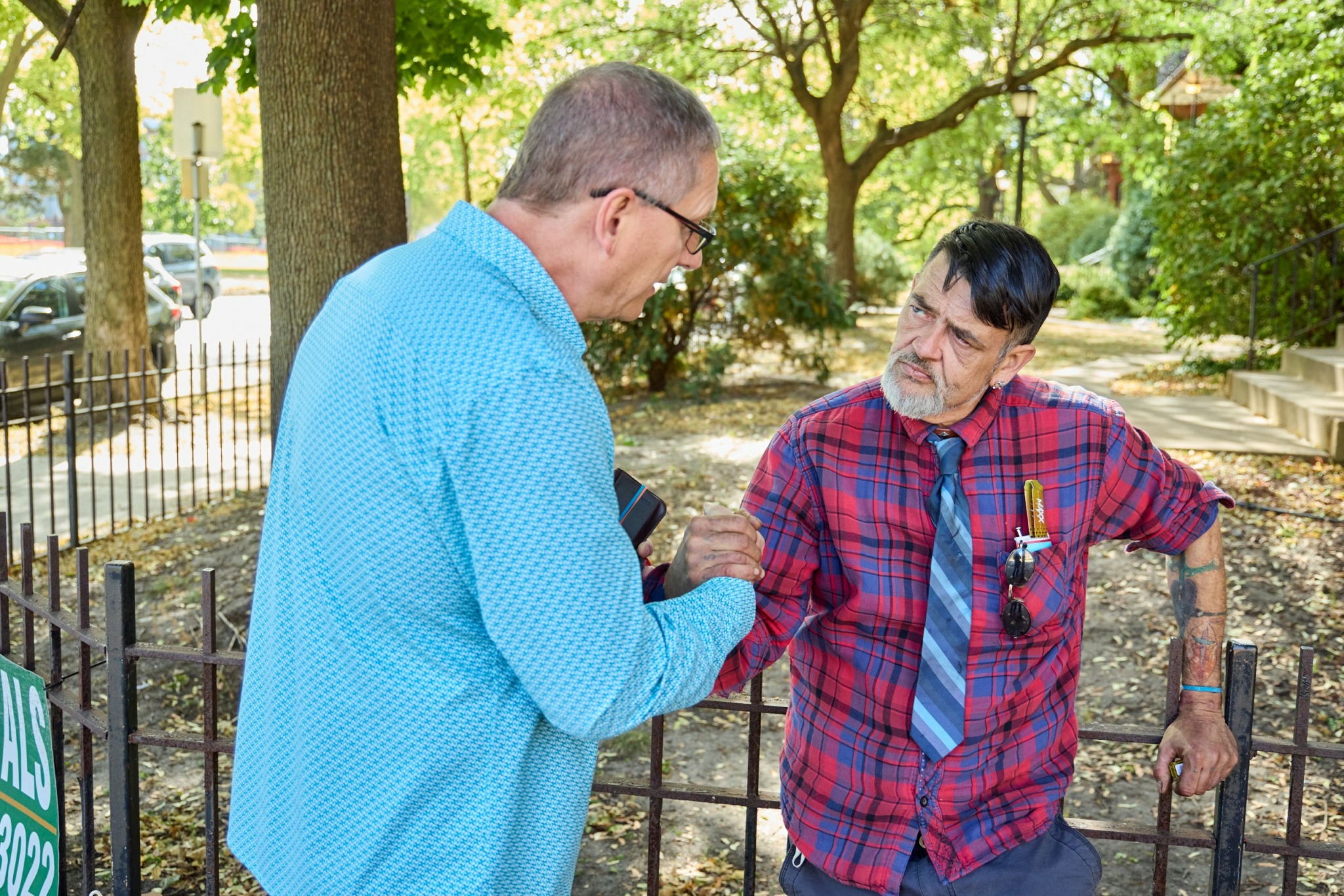
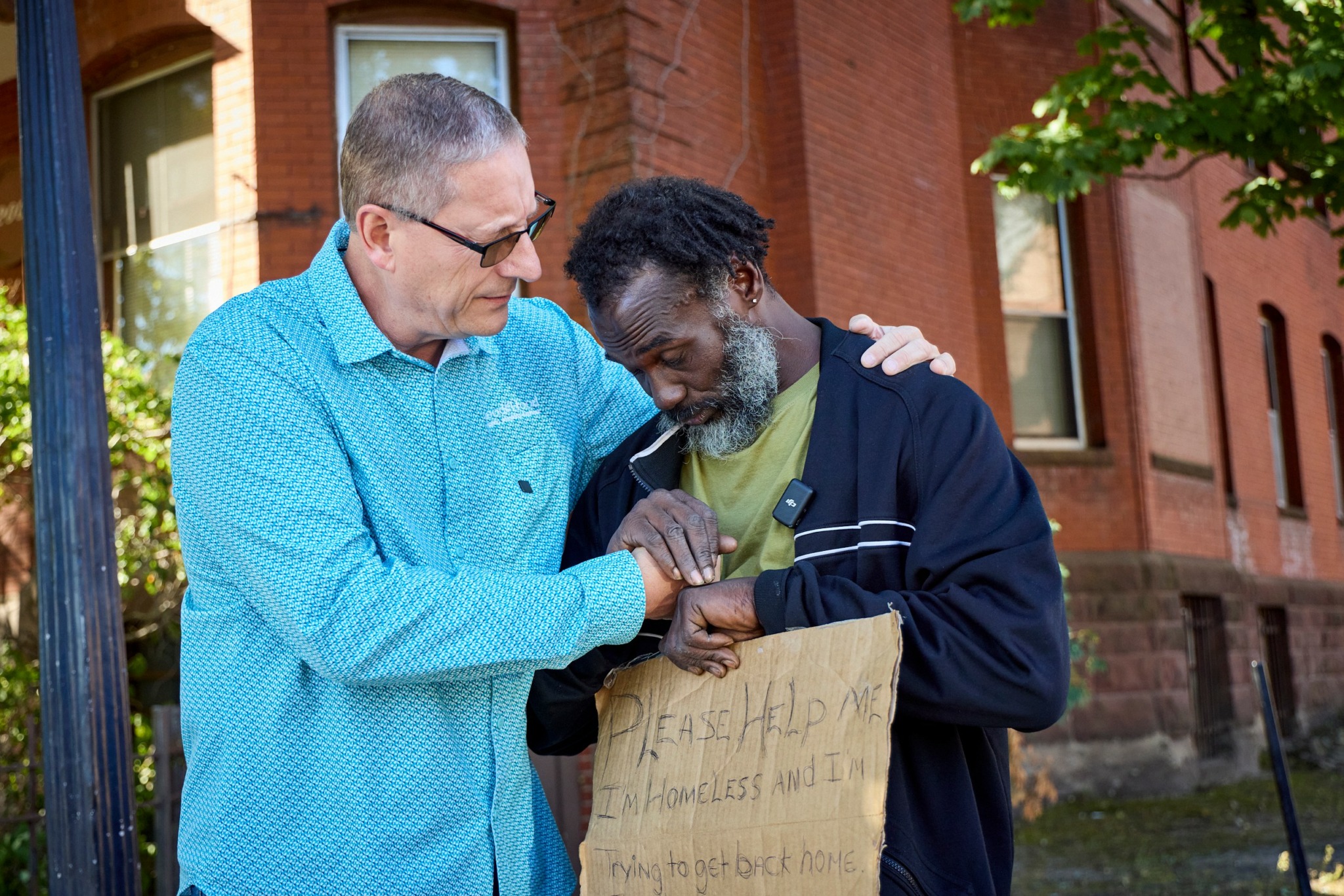
Shawn, please share a bit about yourself and introduce us to the people and key factors that have influenced your life and ministry?
I grew up in a broken home with 7 siblings. It was a struggle for my mom to make ends meet. Despite this, she was always charitable and opening our home to those in need of a place to stay or a hot meal. I saw firsthand how my Christian faith could practically put my love into action.
When I became an adult I sensed a calling into the ministry, and I served as a pastor of a church for several years. Still, I couldn’t shake the compelling inner sense of conviction to go and serve the poor.
In 2003 I launched a charity called, Good in the ‘Hood. This ministry specializes in mobilizing basic resources, services, and volunteer support to those with the greatest need to bring them help and to inspire their hearts with hope. Perhaps some of our most important work is offering foot care treatments and bringing shoes to those experiencing homelessness. We train Registered Nurses to treat the feet of our neighbors in need at no cost. We provide foot soaks, foot massages to increase circulation, we trim nails, remove corns, calluses, foot fungus, and ingrown toenails. When we’re finished, we give our guests 2 new pair of socks and a hug of affirmation. If they need a pair of shoes, we offer to help find a new or gently used pair. This is our way of showing God’s love in practical ways.
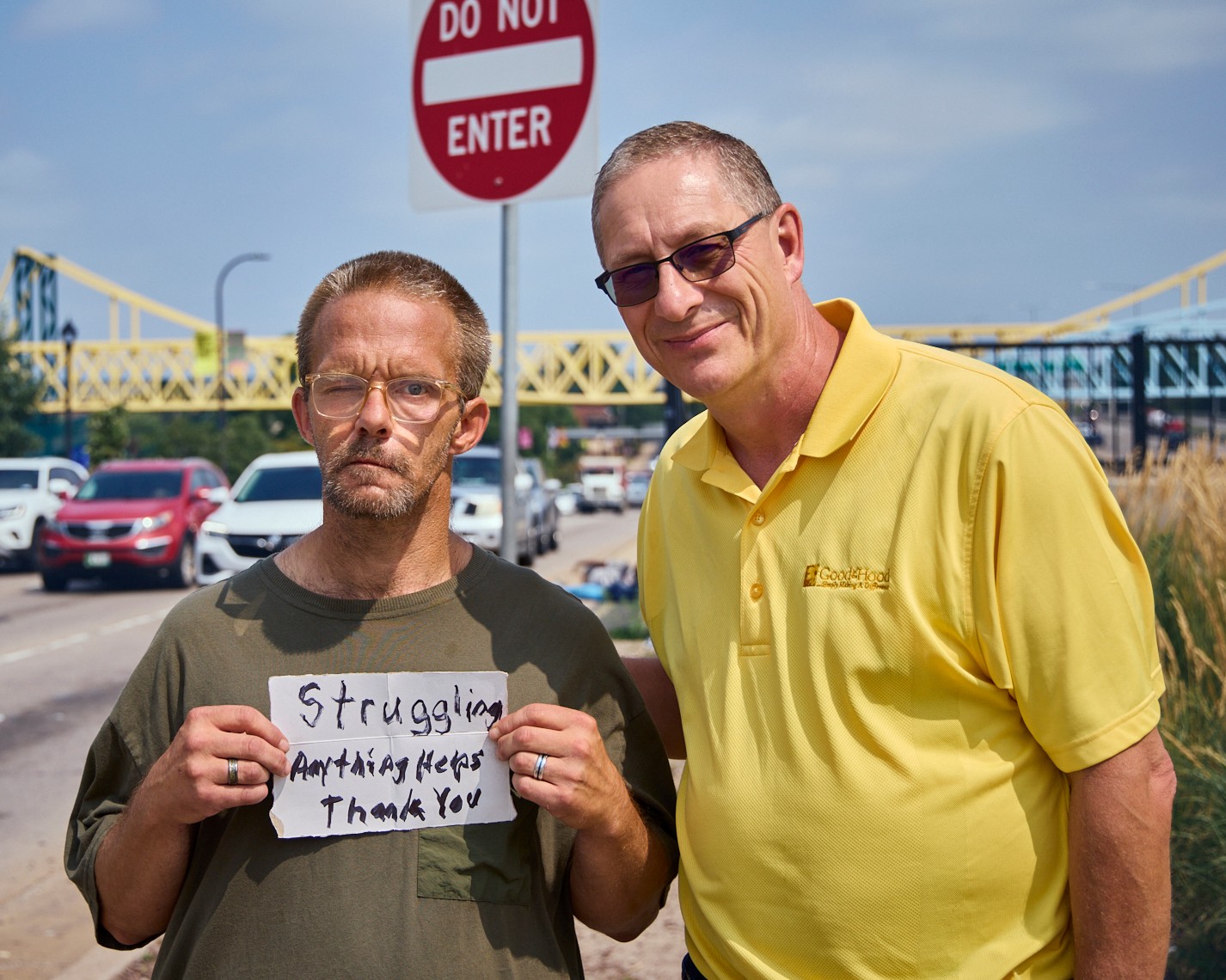
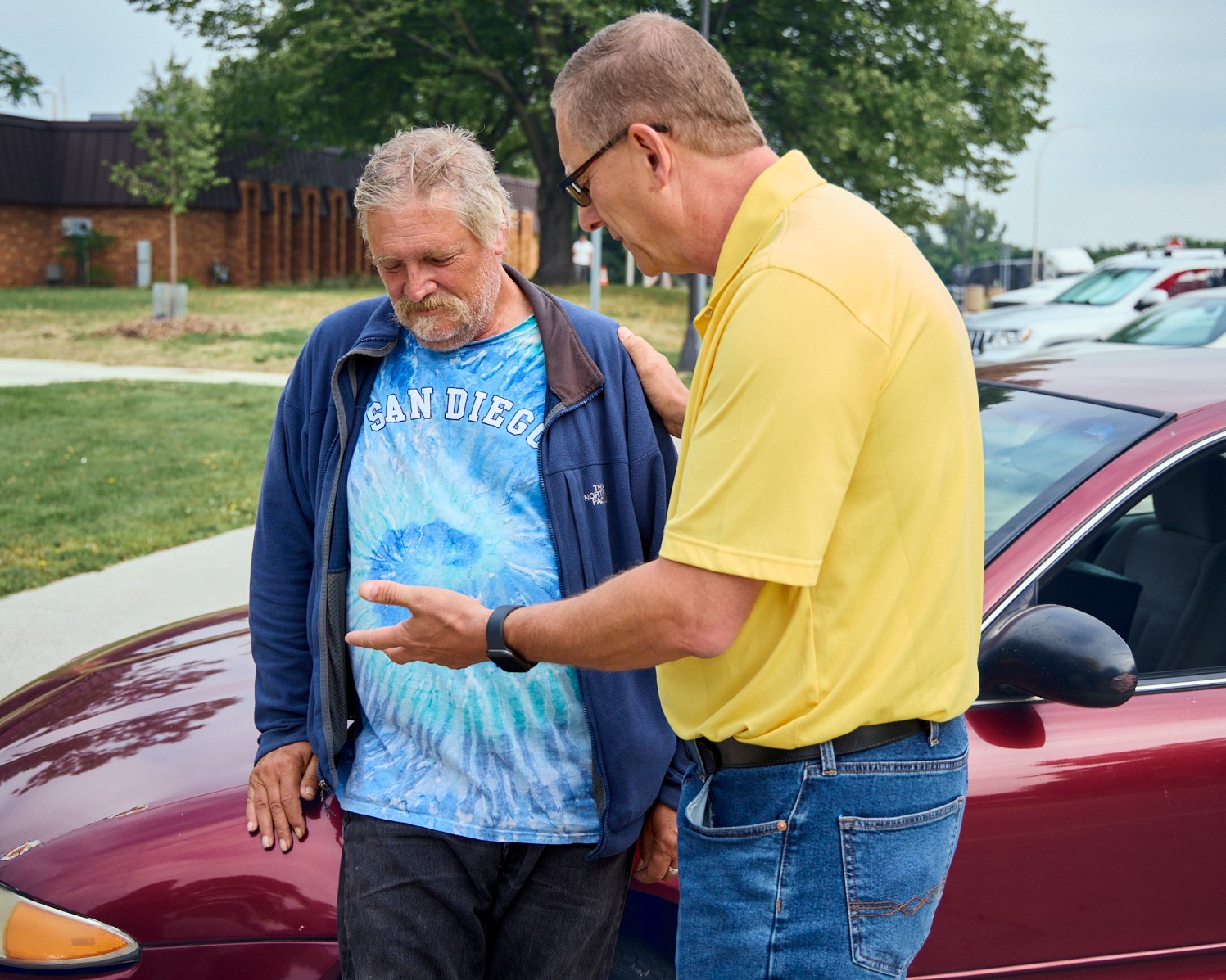
How do you keep your team’s morale high?
We minister to people every day who are going through personal crisis and unique vulnerabilities. They could easily fall into the self-pitying perspective that they have a right to complain. Yet amazingly only on a rare occasion do they complain. What makes the difference is having a deep sense of significance. Knowing we have a purpose and a certain usefulness to others. With that said, our secret sauce for maintaining high morale within our team and in the community at large is to do “with them” rather merely “for them”. We invite participation so that everyone is part of the solution and part of giving back to the community. We try to tap into their intellectual equity and to draw out the wisdom and experiential perspective they hold within themselves. This in turn causes everyone to feel significant and to have a deep sense of accomplishment.
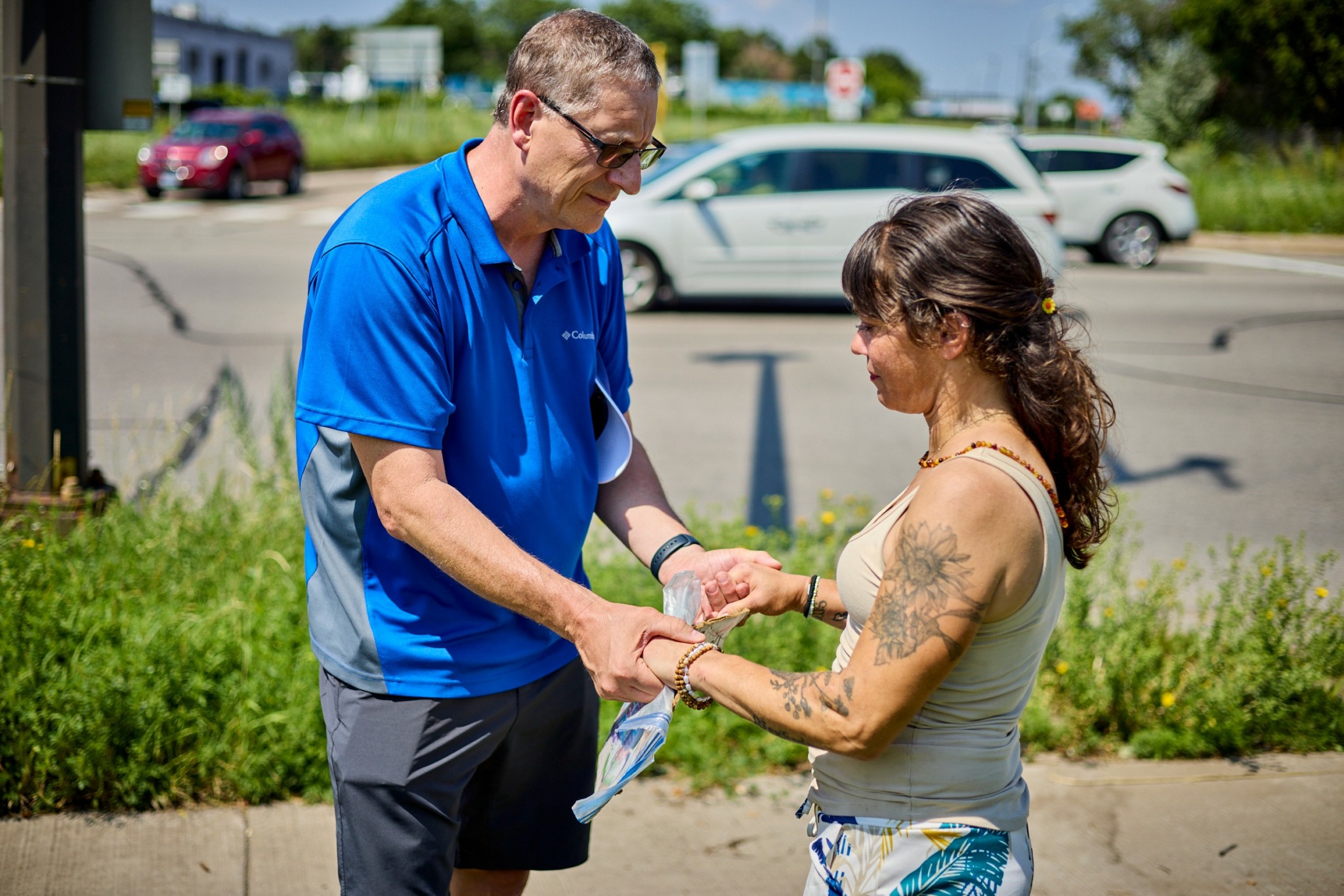
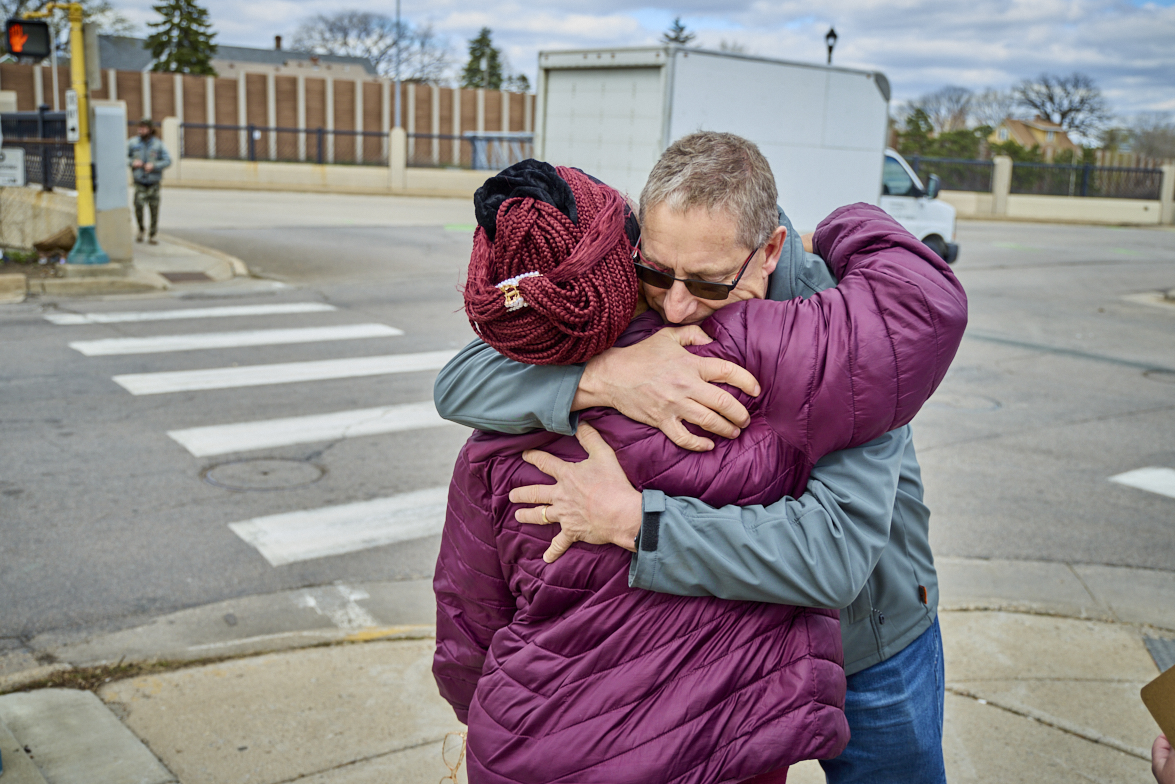
Can you share a story from your journey that illustrates your resilience?
We not only minister to those in crisis, but we have also personally encountered circumstances that were overwhelming. When Good in the ‘Hood was first getting started I was in another fulltime ministry role at a local residential college. I only had a few hours available each week to dedicate towards growing and raising support for Good in the ‘Hood. At this same time, quite unexpectedly, my employer had to downsize, and my paid position, which included housing, was suddenly eliminated. We couldn’t immediately afford a place of our own so for an extended period we became homeless. A dear friend offered our family, which included our 3 younger children, a shared space in his apartment until we could regain some financial stability. To add even more pressure, our adult son’s wife had just given birth to sextuplets, and they needed our full support. These precious babies were born very early, at just under 23 weeks. Sadly, over the next few weeks we grieved the loss of 5 beloved grand babies who were too young and weak to survive. We did our best to offer consolation for our son and daughter-in-law during this overwhelming season of darkness and grief. We’re grateful to share that one baby survived and he is now an amazing young man.
As anyone can imagine, this was a very traumatic time in our lives. In the midst of this time, when a kind friend asked, “how are you doing?”, I remember saying, “We won’t grieve unto depression, rather we choose to grieve in grace, knowing God is still good and we will get through this, and we will see our grandchildren again in the next life”. It was this simple declaration that served as a personal reminder to maintain my trust in God and to daily take the next right step forward regardless of my circumstances or how I felt.
Contact Info:
- Website: https://www.goodinthehood.org

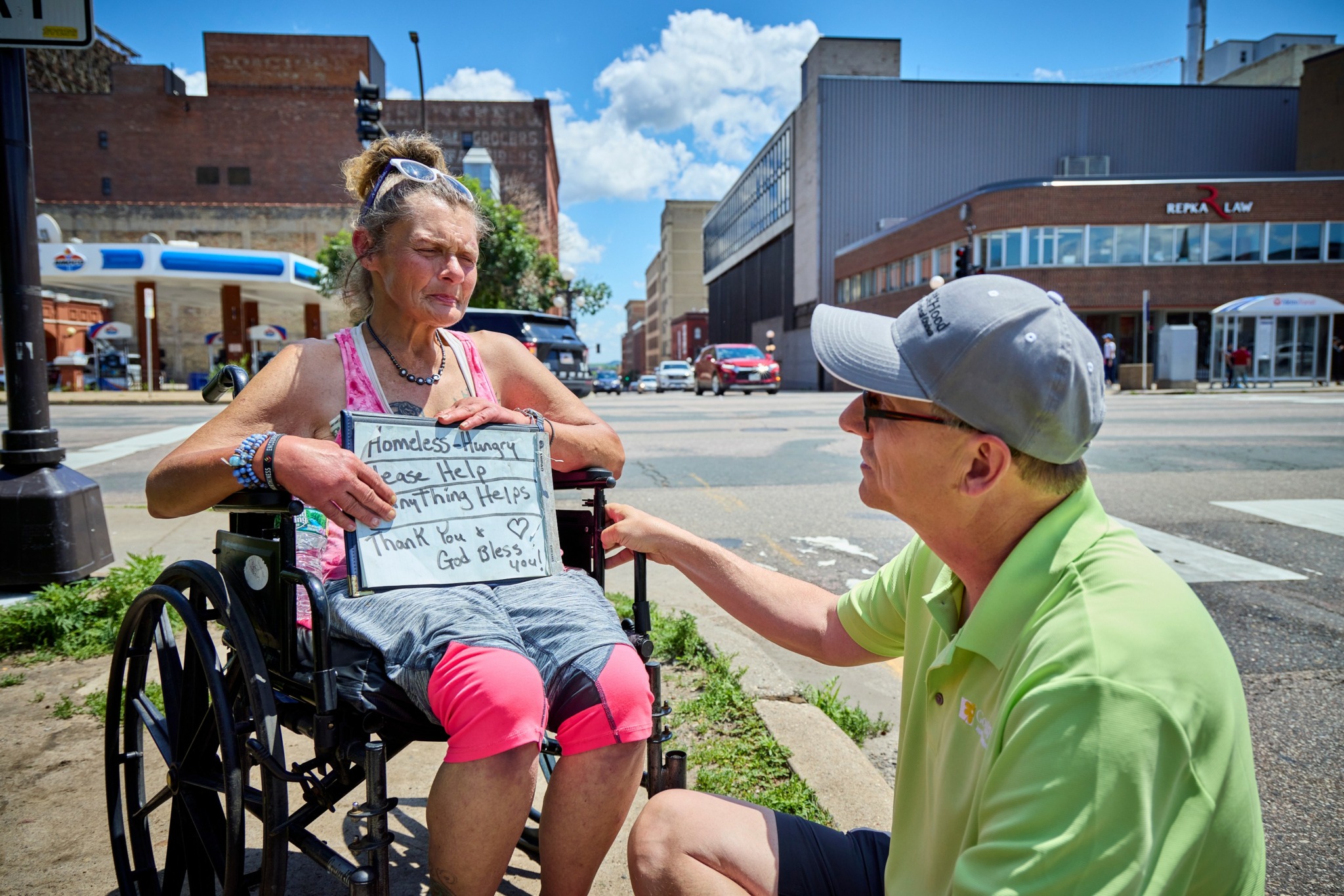
Image Credits
Daisy Bram DoYouSeeMe07122024_0294Lr copy
Kenneth Camel WYSM10082024_0046Lr copy
Alicia Branoon DYSM6_0043Lr copy
Charles Warnick DYSM10_0040Lr copy
Laurie Mertz DoYouSeeMe06232024_0255Lr copy
David Vavreck WYSM10082024_0046Lr copy
Erick Wojciechowski WYSM10082024_0141Lr copy
Jeremy Deason DoYouSeeMe07262024_0275Lr copy.
Wade Smith WYSM09172024_S1_0021 copy


